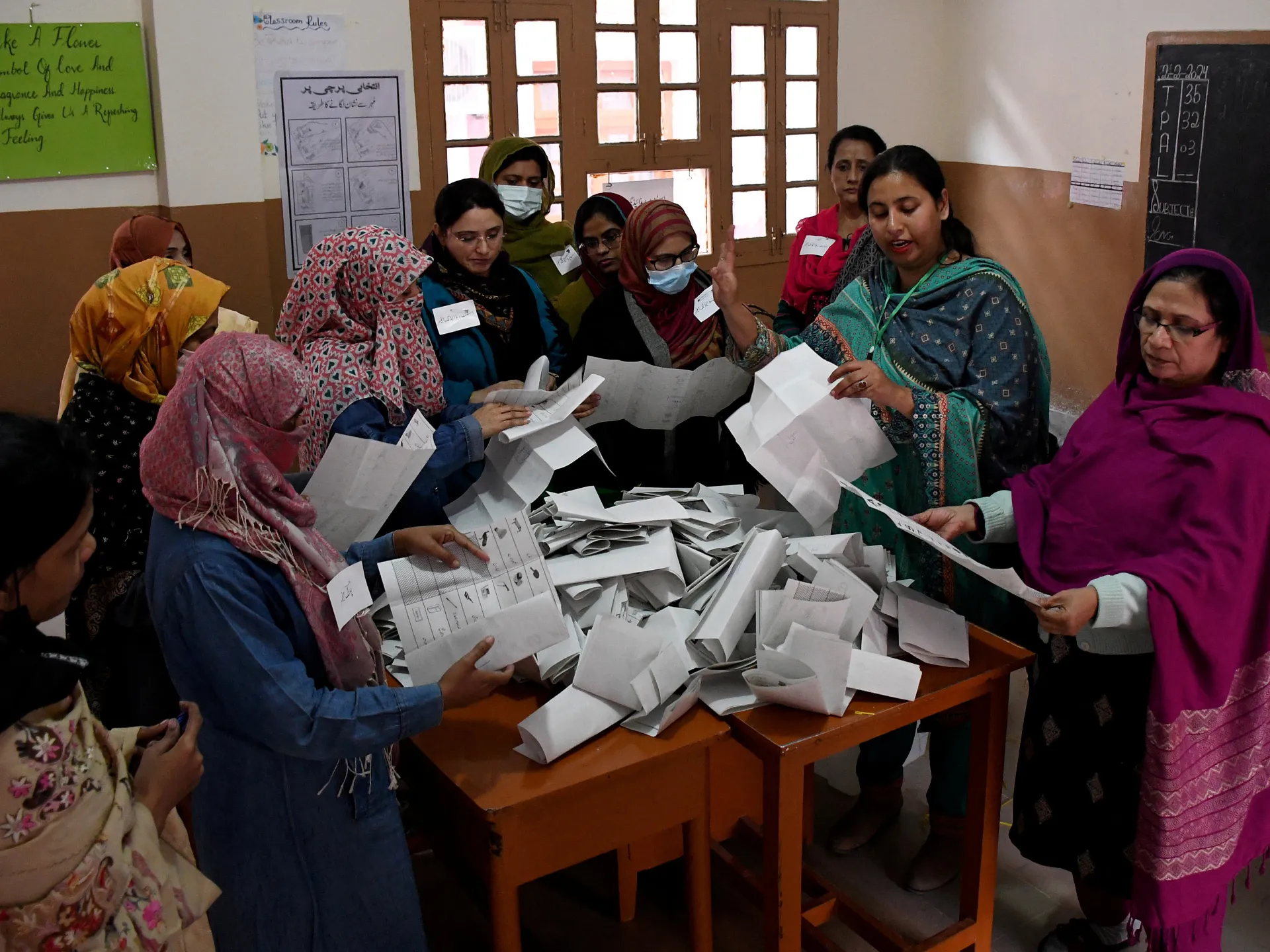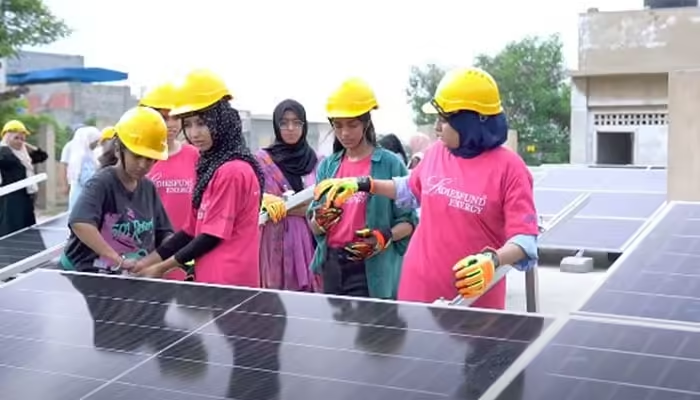In a dramatic turn of events, Pakistan Tehreek-e-Insaf (PTI) leader and former federal minister Azam Swati was re-arrested immediately after his release from Attock Jail. This recent action has sparked public debate and highlighted the ongoing legal complexities surrounding Swati and other PTI leaders. Arrested initially during a protest in Islamabad, Swati’s case has attracted attention for its judicial twists, bringing into focus questions regarding political rights and legal procedures in Pakistan.
Arrest and Re-Arrest: The Story So Far
Azam Swati’s legal troubles began last month during a protest in Islamabad, which led to his detention. He was subsequently moved to Attock Jail, a high-security facility known for detaining political and high-profile prisoners. His recent bail approval was granted by the Anti-Terrorism and District Court of Islamabad in eight different cases, ordering his release from custody.
However, no sooner had Swati exited the prison grounds than he was taken into custody again. According to Geo News, the re-arrest occurred outside Attock Jail, and the new cases were reportedly registered by the Taxila and Hasan Abdal police stations against Swati and other PTI leaders. The nature of these charges remains unclear, but sources suggest they relate to his role in the recent protests, highlighting a pattern of legal actions against PTI figures involved in public demonstrations.
Legal Proceedings and Bail Grant
The legal situation for Azam Swati is complex, involving multiple cases across different jurisdictions. The Islamabad court’s decision to grant bail in eight cases marked a significant moment, as it suggested a potential reprieve for Swati. However, the re-arrest underscores a broader strategy, as authorities appear to be utilizing new cases to keep key PTI figures under continuous legal pressure.
The legal grounds for Swati’s initial arrest centered on his alleged involvement in acts that could disrupt public order. Over time, these accusations led to a series of cases filed in various police stations, complicating Swati’s legal defense and allowing law enforcement to justify prolonged detention. With his re-arrest following a court-sanctioned bail, there are growing concerns among PTI supporters about the fair application of justice and the potential political motivations behind these charges.
Political Implications and Public Reaction
Azam Swati’s re-arrest has stirred significant public interest and debate. The PTI leader is widely known as an influential figure within his party, and his re-arrest sends a strong message to other members about the government’s stance on recent political protests. PTI supporters have voiced concerns that this re-arrest reflects a deliberate strategy to silence opposition voices, while government officials argue that the arrests are necessary to maintain public order.
The ongoing tension between PTI and government authorities has led to heated discussions on social media, with many questioning the judicial system’s impartiality. Some political analysts argue that these arrests could influence public opinion, as the legal proceedings against PTI leaders draw increased scrutiny. Swati’s re-arrest, coupled with the government’s stringent measures against PTI protests, may fuel further support for the party, especially among those who perceive these actions as attempts to suppress dissent.
Legal Perspective: The Challenges of Multiple Cases
From a legal standpoint, handling multiple cases across different jurisdictions presents challenges for Swati’s defense team. Each case requires separate legal responses, adding complexity to Swati’s position and prolonging his time in custody. Legal experts suggest that such tactics are often used in high-profile cases to ensure continuous legal hurdles for the accused. Swati’s lawyers argue that these actions undermine his right to a fair trial and his freedom of movement, as the process of securing bail in each individual case becomes increasingly difficult.
Additionally, this situation raises questions about the potential for abuse of power when multiple cases are registered simultaneously. While the law permits authorities to act in cases where public safety is at risk, critics argue that repeated arrests may blur the line between legitimate security concerns and politically motivated actions.
Looking Forward: What’s Next for Azam Swati?
As Azam Swati faces new legal challenges, his political future remains uncertain. If released again, he may continue to face a cycle of re-arrests, as has been seen with other PTI leaders in recent months. Swati’s legal team is likely to pursue relief through higher courts, potentially seeking intervention from the Supreme Court to address what they see as judicial overreach.
For PTI supporters, Swati’s case represents a rallying point, symbolizing their broader concerns about political freedom and fair treatment. If these legal battles continue, Swati and his party may draw greater attention to issues of judicial transparency and political rights within Pakistan. Observers anticipate that the coming weeks will be crucial for Swati, as his case could set precedents for how similar political figures are treated in the future.
The re-arrest of PTI leader Azam Swati highlights a growing conflict between political expression and legal authority in Pakistan. This situation underscores the complex relationship between the judiciary, law enforcement, and political activism. For Swati, the immediate future may hold further legal battles and potential re-arrests, but the public response to his case may ultimately influence the course of political justice in Pakistan.



